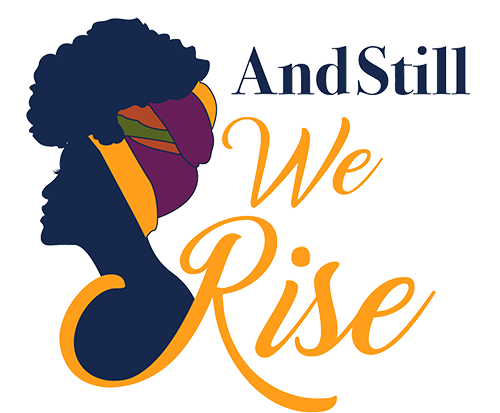It's OK to get SAD! Seasonal Affective Disorder Tips & Tricks
By: Dr. Chrissy Davis, Ph.D
It’s 5pm in Seattle, and the sun has not graced us with its presence in a while now. It’s rainy and I’ve had too much coffee.
Spending the days either really tired or really caffeinated is a common occurrence for many of us in the Pacific Northwest, I’m realizing. It’s a sleepy time of year. There are also many parts of the U.S. and the world that are more susceptible to the phenomenon of Seasonal Affective Disorder (or SAD). What is SAD? And how do we take care of ourselves in the dark days of the year?
The American Psychiatric Association recognizes SAD as a form of depressive disorder. What are some of the signs?
Sleepier than usual or sleep-wake cycle disruptions
Losing interest in things you typically enjoy
Feeling blue or down
Craving carbohydrates, changes in eating patterns
Low self-esteem
Non-directed listless physical activity
Sometimes, thoughts of death and suicide*
So, it’s depression + hibernation mode. As we get less sunlight, and for folks further from the equator who get longer days in the summer and little sunlight in the winter, we are more susceptible to developing these symptoms. We get less vitamin D from the sun, which then means less serotonin production, and more melatonin (the brain chemical that makes us sleepy).
Think of it this way… if you were an animal in the wild and fall and winter were coming, you’d load up on your winter belly. You’d get lots of rest somewhere warm and keep your family safe and provided for. As humans, sometimes it can be really helpful to slow down. Other times, we aren’t used to slowing down or our lives don’t allow space for it if we are trying to provide for ourselves and others. So how do we slow down, while taking care of the blues?
Give yourself some grace if you are sleepier than usual. Try to still create a bedtime ritual and a morning ritual to create a pseudo circadian rhythm, just like you would for adjusting from jet lag. Get cozy, and know now might be the time for earlier bedtimes or more naps.
Using a sunlamp could be a helpful way to get more sun exposure. Find an inexpensive one and use it at breakfast or lunch.
Taking vitamin D often helps people if they are low to begin with or susceptible to SAD (consult your doctor before taking vitamin D to ensure no adverse drug interactions)
If you are a good candidate for an antidepressant, you could consult with your therapist or psychiatrist to learn more. Antidepressants help with low serotonin levels, and less sunlight can lead to lower serotonin levels.
Therapy can be helpful this time of year. If you find yourself feeling blue and isolated, it may be time to call up your therapist if you haven’t seen them in a while. It may mean increasing your appointments until the sun comes out in the spring. Or, if you’ve never started therapy before, now may be a good time to try it out!
Move your body! If you live somewhere cold and rainy like me, or have a snowy winter, this is a great time to move some things around in your house! Get extra steps up and down the stairs! Dance to yourself while you do laundry. Give yourself a big stretch between Zoom calls. Your anxiety and energy levels will thank you for getting in some gentle motion in a more sedentary time
Enjoy the slowness. This may be a time for puzzles, movies, and books. It may be a time to call or FaceTime loved ones if you’re feeling blue and lonely. In Seattle, SAD season is board game season, a great time to find who wants to play D&D or who likes Spades and baking cookies with you. There can be beauty in the downtime. Snuggle with your pets and gather your friends and loved ones to play a game or connect. Or, if you enjoy solitude, pull out your journal and favorite record and spend some time reflecting.
So… it’s OK if you get SAD! Many people do this time of year. But you don’t have to struggle alone. If you need help, please reach out to a therapist or psychiatrist, and let your loved ones know you need support. The sun will come out someday!
If you’d like to read more about SAD, here’s some resources!:
American Psychiatric Association: https://www.psychiatry.org/patients-families/seasonal-affective-disorder
Mayo Clinic:
National Library of Medicine:
*If you are in crisis or experiencing suicidal thoughts, help is available:
National Lifeline: call 988 or 1-800-273-TALK
Trevor Project: 1-866-488-7386
Trans Lifeline: 1-877-565-8860
Text support at 741741, text CRISIS
If you are in crisis, call 911 if you feel safe to or go to your local emergency room.
About:
Dr. Chrissy Davis, Ph.D (she/her) is psychotherapist for And Still We Rise. She is under the supervision of Dr. Natasha Holmes. Learn more about Chrissy here.

